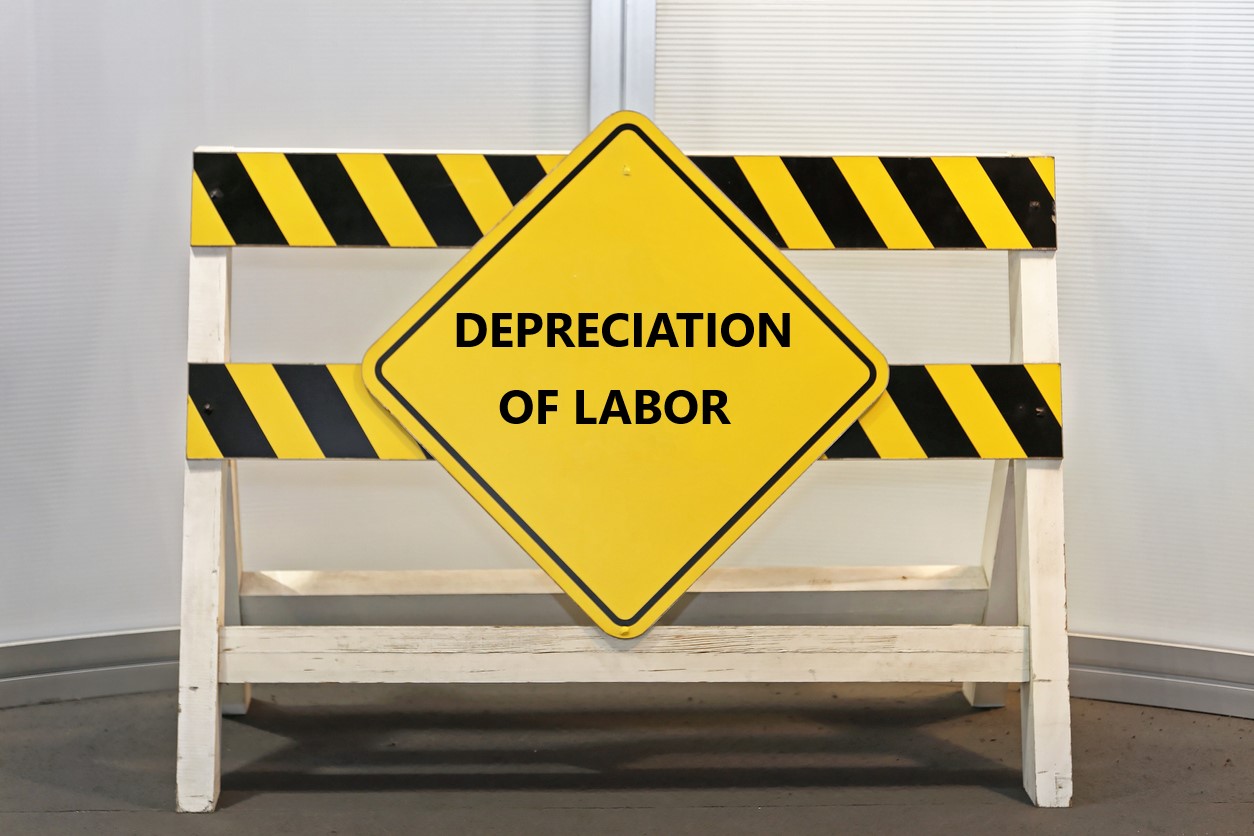Let’s say you file a claim for business income losses and your insurer agrees to pay a certain amount. You think to yourself that you’re all set and ready to move on after your loss. However, what if that insurer later came back to you asking for some or all of that money back because now they claim that loss was not covered and should never have been paid. Can an insurer force you to give the money back?
In E&P Inc. v. Gotham Ins. Co., No. 08-10- 0198 (Tex. App. Apr. 18, 2012), the Texas Court of Appeal reversed the lower court’s judgment in favor of a liability insurer that asserted a claim against its insured for reimbursement of payments made for non-covered claims.
In April 1996, Pedeco Inc., a New Mexico oil company, requested assistance in entering the Texas market from a Texas company, R.W. Dirks Petroleum Engineers Inc. Dirks agreed to serve as the record operator of Pedeco’s Texas wells until Pedeco acquired its official registration. Dirks secured a $2 million well-control policy from Gotham Insurance Co. In December 1996, Pedeco entered into a joint operating agreement with investment firm Warren Resources Inc. (WRI) and one of WRI’s limited partnerships, Oil Technology Fund 1996 – Series D. Under this plan the Fund would drill wells, while WRI and Pedeco agreed to supply equipment and costs.
In January 1997, Gotham added Pedeco as an additional insured on the policy. WRI and the Fund did not obtain well-control coverage. On July 27, 1997, the H&O Well caught fire and blew out, damaging a drilling rig and other property. After initially making payment on related claims, Gotham denied coverage and intervened in an underlying action against Pedeco seeking restitution. Pedeco counterclaimed for breach of contract and bad faith. The trial court ruled in favor of Gotham, ordering Pedeco, WRI, and the Fund to repay Gotham on its restitution claim. Pedeco, WRI and the Fund appealed.
The Court of Appeals determined that, based on precedent, because Pedeco’s policy with Gotham did not provide for a right to reimbursement for payment of non-covered claims, Gotham had no right to reimbursement from Pedeco for payment of the non-covered claims in question. The court separately held that Gotham could not secure reimbursement under an equitable claim of unjust enrichment for the similar reason that the parties to the policy spelled out their respective remedies and the policy addressed reimbursement. The Court of Appeals confirmed pervious decisions disallowing reimbursement on an equitable unjust enrichment theory because insurers are in a superior position to assess risks, and can expressly apportion that risk by defining reimbursement rights.
So to answer the question I posed in the first paragraph of this post, it depends on the language of the policy. Sound familiar?



